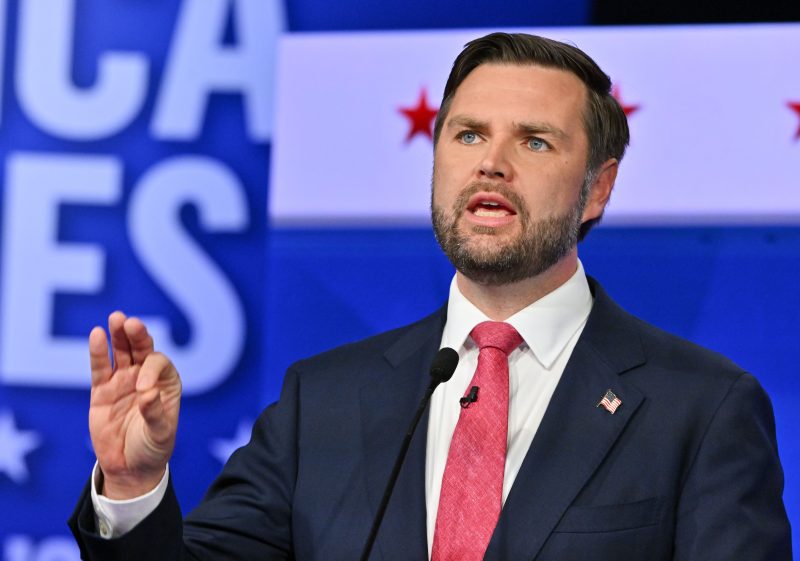In the recent debate, Vance’s strategic choice to present Trump’s agenda in a softer light certainly raises eyebrows among political analysts and viewers alike. By adopting a more palatable tone, Vance attempts to shape public perception and garner support for policies often characterized as divisive. However, this softer approach can be seen as a misleading tactic, obscuring the true implications and effects of these policies.
One key aspect of Vance’s strategy involves emphasizing the purported benefits of Trump’s agenda while downplaying or omitting its potential pitfalls. By focusing on the positives and glossing over the negatives, Vance creates a skewed portrayal that may mislead the audience. This approach risks oversimplifying complex issues and failing to provide a comprehensive understanding of the implications of these policies.
Moreover, the use of softer language and tone can serve to mask the underlying divisive or controversial nature of Trump’s agenda. By employing euphemisms or reframing key points, Vance seeks to make these policies more palatable to a broader audience. However, this tactic runs the risk of obfuscating the true impact and consequences of these measures, potentially leading to a lack of informed public discourse on important issues.
Furthermore, by presenting Trump’s agenda in a softer light, Vance may be attempting to distance himself from the more polarizing aspects of the former administration. This strategic move could be an effort to appeal to a wider range of voters and position himself as a more moderate or pragmatic candidate. However, critics argue that this approach lacks authenticity and transparency, as it fails to fully acknowledge the controversial nature of the policies being promoted.
In conclusion, Vance’s decision to promote Trump’s agenda in a softer tone and misleading manner during the debate raises concerns about the transparency and accuracy of political discourse. While this strategy may help to sway public opinion in his favor, it also risks misinforming the public and oversimplifying complex policy issues. As voters, it is crucial to critically evaluate the information presented to us and seek a deeper understanding of the implications of political agendas.
